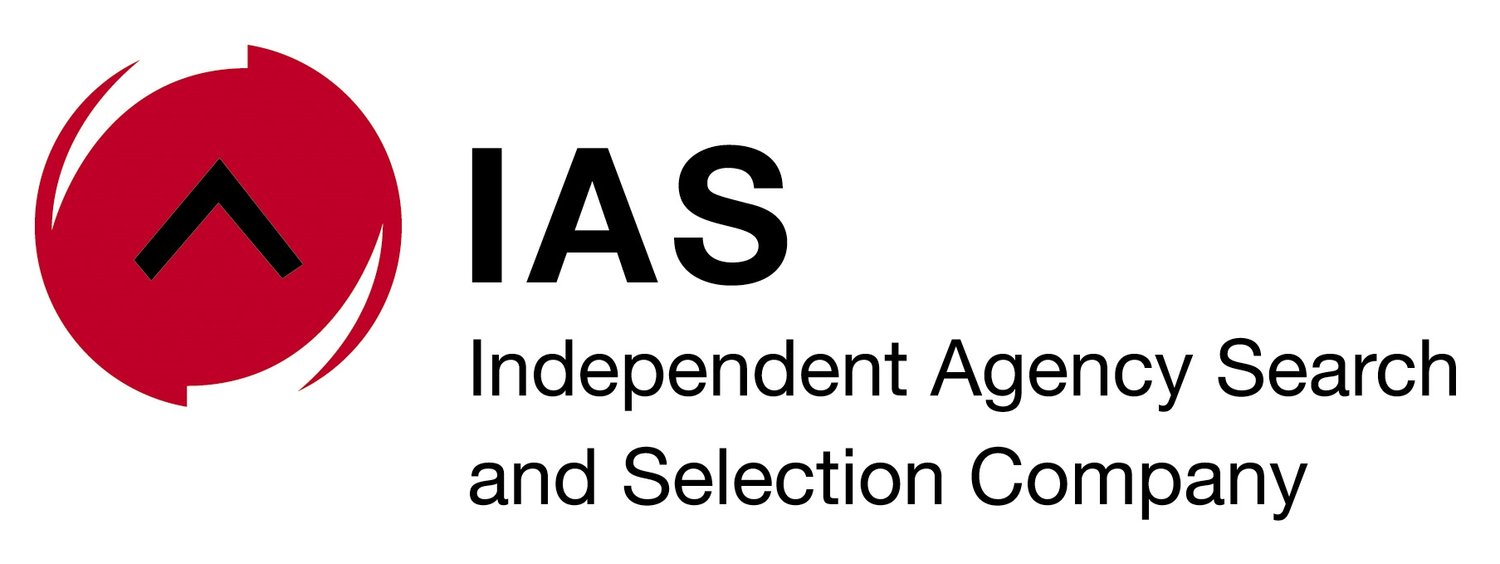It’s a go… all parties are on board and happy with the KPIs, SLAs and potential ROIs. The only thing missing is the client’s signature. So, what’s causing ink-on-paper failure in the industry?
We started noticing this trend towards the end of last year when clients were slow to sign. The topic came up at AdForum earlier this year, so it’s not just a South African phenomenon.
When pitch consultants are involved in a project, getting the fine details sorted is part of what we do – but we’re battling to get the elusive signature too.
To be honest, it’s baffling. Are contracts not worth the paper they’re printed on? It’s a question everyone wants answered. Fees have been negotiated; terms of reference agreed on – but nobody’s in a rush to sign the contract.
Tying down the signature
Running through some possible scenarios, we know that procurement managers and legal teams are inundated with all kinds of necessary tasks, so it’s likely not seen as a priority. I’m not sure how strict the marketing and procurement teams are about getting the signature tied down.
In fairness, even 10 years ago a complex contract would take several months to sign and in the interim we would have a memorandum of understanding, which secured our discussions.
So, here I am thinking contracts are really important to both parties, and now I’m not sure that they really are… and colleagues at AdForum noted the same.
How important is the contract?
This leads me to another consideration. We can spend a lot of time discussing a contract – the fees, the resource plan and scope of work, and the people who will be involved.
But are we spending enough time talking about ways of working? Perhaps there should be a greater focus on the ways of working as opposed to contracting.
It seems that not enough time is spent on the way we are going to work together, which may include who is responsible for getting the contracts signed. This usually falls to the agency and many of them are fairly strict about getting the T crossed and I dotted.
There’s no fixed framework or person to control this, which may confuse things. In 17 years of running our business, we’ve always been unerring in making sure contracts are signed, and what’s happening today looks remarkably like apathy.
What do contracts cover?
It leads me to think that while a contract is all well and good, what does it really cover?
Contracts have changed hugely over the years, from those that were signed for a 12-month fixed term with a three-month notice period.
We see very few like that today, with the exception of a contract involving a large media agency component, where rules and payment terms are very strict, due to the inflexibility necessary in the relationship with media owners.
When it comes to contracts between creative agencies and clients, certain clients – such as financial services – are very strict about their contract, and they ensure they are signed. It’s a long process with multiple hoops to jump though, but signing is vital. Procurement personnel work the same way.
Perhaps it’s that more clients are working on a project-to-project basis and not a fixed retainer that makes it appear less important to have that ink on the paper; or that work carries on even without that final signing.
Assurance of go-ahead
If we’re involved, we get the client to sign a letter of appointment for the agency, giving them the assurance of go-ahead, subject to contract. We ensure all letters and contracts are being dealt with by appropriate parties. If there is no consultancy involved, client and agency deal direct.
Again, fin services won’t budge without a signed contract, due to issues of confidentiality and governance.
The real point here is that contracts are not just about cost and payment. They’re about how the teams will work together and how often they will meet; the rules of our relationship engagement and how we will best manage them; what are the deliverables, KPIs and content of the work each team will provide; and what are our recourses when things go wrong.
Perhaps the opportunity here is to spend the inevitable time delay focusing on the working relationship – in the end it is that chemistry which will ensure the contract renewal whenever that might be.
Or read online

